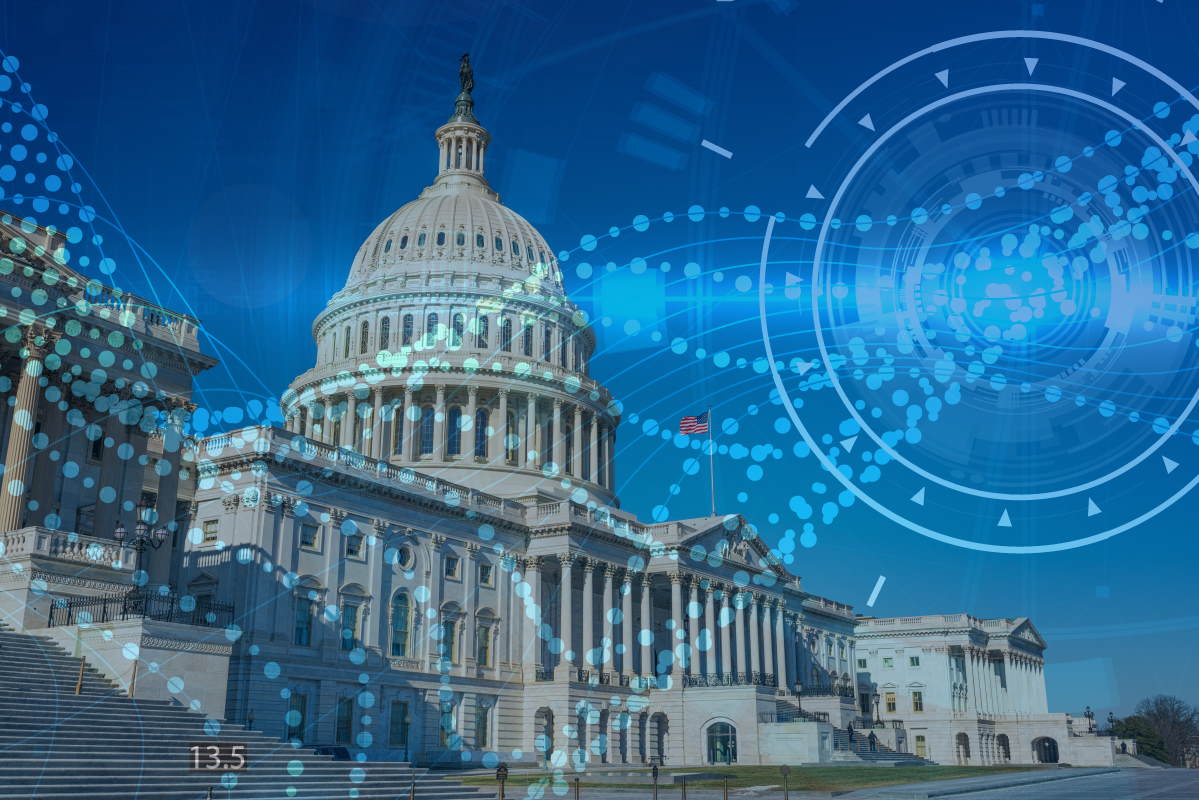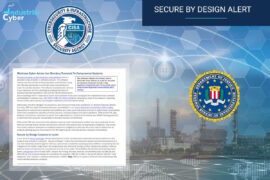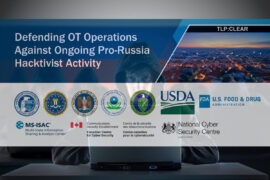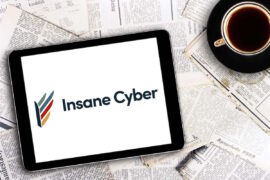US Senate clears bipartisan bill that boosts national security by preparing for quantum cybersecurity risks

The U.S. Senate recently passed a bipartisan legislative bill that works on strengthening national security by preparing the federal government’s defenses against quantum computing-enabled data breaches. As quantum computers, including those being developed by adversaries, continue to get more powerful and more widely available, federal agencies must proactively work to ensure that federal cybersecurity protections remain updated.
The bill was introduced by U.S. senators Rob Portman, a Republican from Ohio and ranking member of the Senate Homeland Security and Governmental Affairs Committee, and Maggie Hassan, a Democrat from New Hampshire. The bipartisan companion bill in the House was introduced by Representatives Nancy Mace, a Republican from South Carolina, and Ro Khanna, a Californian Democrat.
The Quantum Computing Cybersecurity Preparedness Act would require the Office of Management and Budget (OMB) to prioritize the acquisition and migration of federal agencies’ information technology to post-quantum cryptography. It also instructs the OMB to create guidance for federal agencies to assess critical systems one year after the National Institute of Standards and Technology (NIST) issues planned post-quantum cryptography standards.
Furthermore, the legislative bill directs the OMB to send an annual report to Congress that includes a strategy on how to address post-quantum cryptography risks, the funding that might be necessary, and an analysis of whole-of-government coordination and migration to post-quantum cryptography standards and information technology.
The bill calls for within 180 days after the date of enactment of the Act, the director of OMB, in coordination with the National Cyber Director and in consultation with the director of CISA, shall issue guidance on the migration of information technology to post-quantum cryptography, which shall include at a minimum requirement for each agency to establish and maintain a current inventory of information technology in use by the agency that is vulnerable to decryption by quantum computers. It also sets out the criteria to allow agencies to prioritize their inventory efforts.
The Act also identified that the U.S. Congress finds cryptography essential for the national security of the nation and the functioning of its economy. The most widespread encryption protocols rely on the computational limits of classical computers to provide cybersecurity. Additionally, quantum computers might one day have the ability to push computational boundaries, to solve problems that have been intractable thus far, such as integer factorization, which is important for encryption.
The rapid progress of quantum computing suggests the potential for adversaries of the U.S. to steal sensitive encrypted data today using classical computers and wait until sufficiently powerful quantum systems are available to decrypt it.
“Quantum computing will provide for huge advances in computing power, but it will also create new cybersecurity challenges,” Ranking Member Portman said in a media statement. “I’m pleased the Senate passed our bipartisan legislation to require the government to inventory its cryptographic systems, determine which are most at risk from quantum computing, and upgrade those systems accordingly.”
“Data breaches exploited by quantum computing are a serious national security concern. America’s adversaries look for any vulnerabilities in our cybersecurity systems in order to threaten our infrastructure, data, and security,” Senator Hassan said. “It is crucial that we are ready to defend against any adversaries using this incredibly sophisticated and emerging technology against our country. Protecting our homeland security is a bipartisan issue – I am pleased that the Senate passed our bill and I’ll keep working to get this across the finish line.”
“Not only should our country lead the world in the research and development of quantum tech, but we should also lead the way in post-quantum cybersecurity standards across the government,” Rep. Mace said. “The passage of this bill is a crucial step forward in securing our nation from the threats of the future and readying ourselves for this leap in technology.”
“As quantum computing advances, we need to take steps to protect the personal data of Americans as well as U.S. national security and government agencies data,” according to Rep. Khanna. “I’m thrilled that the Senate has passed this bill to proactively keep our systems and valuable data safe and establish Congress’ oversight role in the process.”
Last month, the OMB described preparatory steps for the heads of executive departments and agencies to undertake as they begin their transition to post-quantum cryptography by conducting a prioritized inventory of cryptographic systems. Further, the memorandum provides transitional guidance to agencies in the period before post-quantum cryptography standards are finalized by the NIST, after which OMB will issue further guidance.










